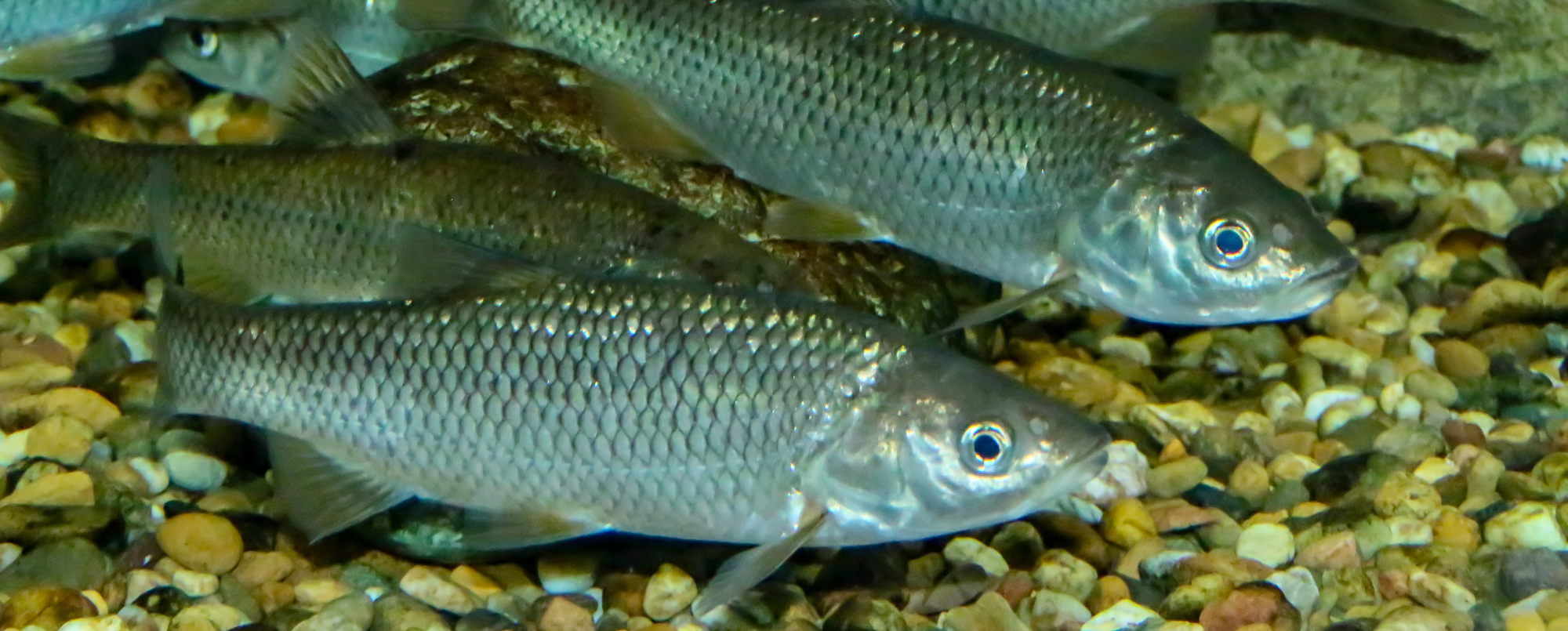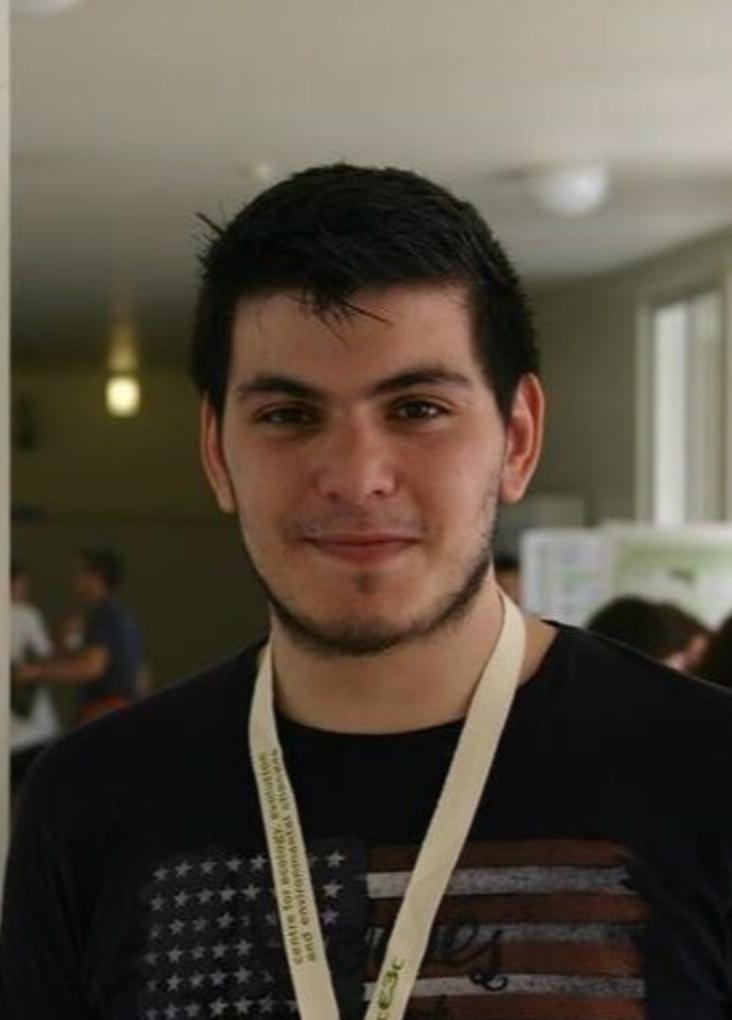In the Evolutionary Genomics and Bioinformatics group we aim to unveil the evolutionary forces driving genomic differences among individuals, focusing on the interaction between gene flow (due to migration or hybridisation) and natural selection.
We aim to answer a fundamental question with important applications:
How does hybridisation affect adaptation and the populations’ response to environmental changes?
We combine theory, modelling and bioinformatics, with analysis and generation of genomic data from natural populations, in three complementary lines of research:
- Theory: model the interaction of reproductive isolation mechanisms and the impact of dominance of beneficial and deleterious mutations on the outcomes of hybridisation;
- Bioinformatics: develop model-based methods to detect genetic hybrid incompatibilities and infer dominance based on population genomics data;
- Empirical: generate genomic and transcriptomic data from natural populations of Iberian chubs, combined with experiments under controlled conditions to quantify the response of hybrid populations under different environments.
Our results and open-source released bioinformatics methods will have general implications for the scientific community in the fields of speciation, molecular ecology, and human genetics, providing a transferable framework to tackle societal challenges in conservation, agriculture, and global change. Specifically, we will continue to translate our results to the conservation of endangered Iberian freshwater ichthyofauna.
We will continue to be actively involved in teaching and training of MSc, PhD, and postdocs, and in outreach activities (e.g. Open Day). To contribute to excellence and internationalisation, we aim to obtain international funding and expand our network of collaborators, building upon the team of ongoing HFSP project and on ERGA network.













